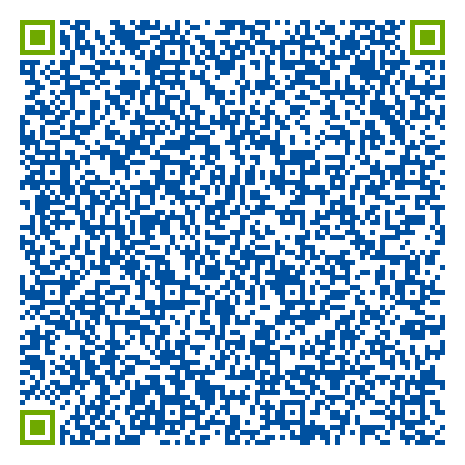Sensing with Nanoparticle Composites: Physiological Strain Sensing, Micro-/Nanoelectromechanics and Identification of Volatile Organic Compounds
- Date
- Jun 12, 2025
- Time
- 1:00 PM - 3:00 PM
- Speaker
- Hendrik Schlicke
- Affiliation
- IPF Dresden
- Series
- TUD nanoSeminar
- Language
- en
- Main Topic
- Physik
- Other Topics
- Physik
- Host
- Arezoo Dianat
- Description
- The development of widely available and inexpensive physical and chemical transducers is of great importance for future devices that assist us in the field of medicine, agriculture, security, as well as environmental monitoring and protection. Hybrid organic/inorganic nanoparticle composites own unique and tunable electronic, mechanical, optical and sorption properties, making them promising candidates for the development of high-performance sensors. In this presentation I discuss recent investigations on the strain-sensitive charge transport in cross-linked gold nanoparticle networks and present their integration into wearable transducers for the detection of physiological signals. These encompass the faint strain occurring at the skin surface above blood vessels through which a pulse wave passes, or strains in gesture sensing.[1] Further, the use of freestanding nanocomposites for micro- and nanoelectromechanical systems (MEMS/NEMS), such as pressure sensors with record sensitivities[2] and electromechanical transducers for VOC detection,[3] will be discussed. Eventually, I will present recent works on nanocomposite-based chemiresistive sensors for VOCs. Here, our research focuses on the exploration of dynamic processes occurring upon sensor exposure to analytes, their monitoring and utilization for analyte recognition using machine learning.[4] Also current developments of plasmonically photoactivated gas sensors are discussed.[5] References: [1] B. Ketelsen, H. Schlicke, V. R. Schulze, S. C. Bittinger, S.-D. Wu, S.-h. Hsu, T. Vossmeyer, Adv. Funct. Mater. 2023, 33, 2210065, doi: 10.1002/adfm.202210065. [2] H. Schlicke, S. Kunze, M. Rebber, N. Schulz, S. Riekeberg, H. K. Trieu, T. Vossmeyer, Adv. Funct. Mater. 2020, 30, 2003381. doi: 10.1002/adfm.202003381. [3] H. Schlicke, M. Behrens, C. J. Schröter, G. T. Dahl, H. Hartmann, T. Vossmeyer, ACS Sens. 2017 2, 540-546, doi: 10.1021/acssensors.6b00831. [4] H. Schlicke, S. C. Bittinger, H. Noei, and T. Vossmeyer, ACS Appl. Nano Mater. 2021, 4, 10399-10408, doi: 10.1021/acsanm.1c01892. [5] H. Schlicke, R. Maletz, C. Dornack, A. Fery, Small, accepted (Preprint: https://arxiv.org/abs/2408.07586).
- Links
Last modified: Apr 27, 2025, 7:40:07 AM
Location
TUD Materials Science - HAL (HAL Bürogebäude - 115)Hallwachsstraße301069Dresden
- Homepage
- https://navigator.tu-dresden.de/etplan/hal/00
Organizer
TUD Institute for Materials ScienceHallwachsstr.301069Dresden
Legend
- Biology
- Chemistry
- Civil Eng., Architecture
- Computer Science
- Economics
- Electrical and Computer Eng.
- Environmental Sciences
- for Pupils
- Law
- Linguistics, Literature and Culture
- Materials
- Mathematics
- Mechanical Engineering
- Medicine
- Physics
- Psychology
- Society, Philosophy, Education
- Spin-off/Transfer
- Traffic
- Training
- Welcome


